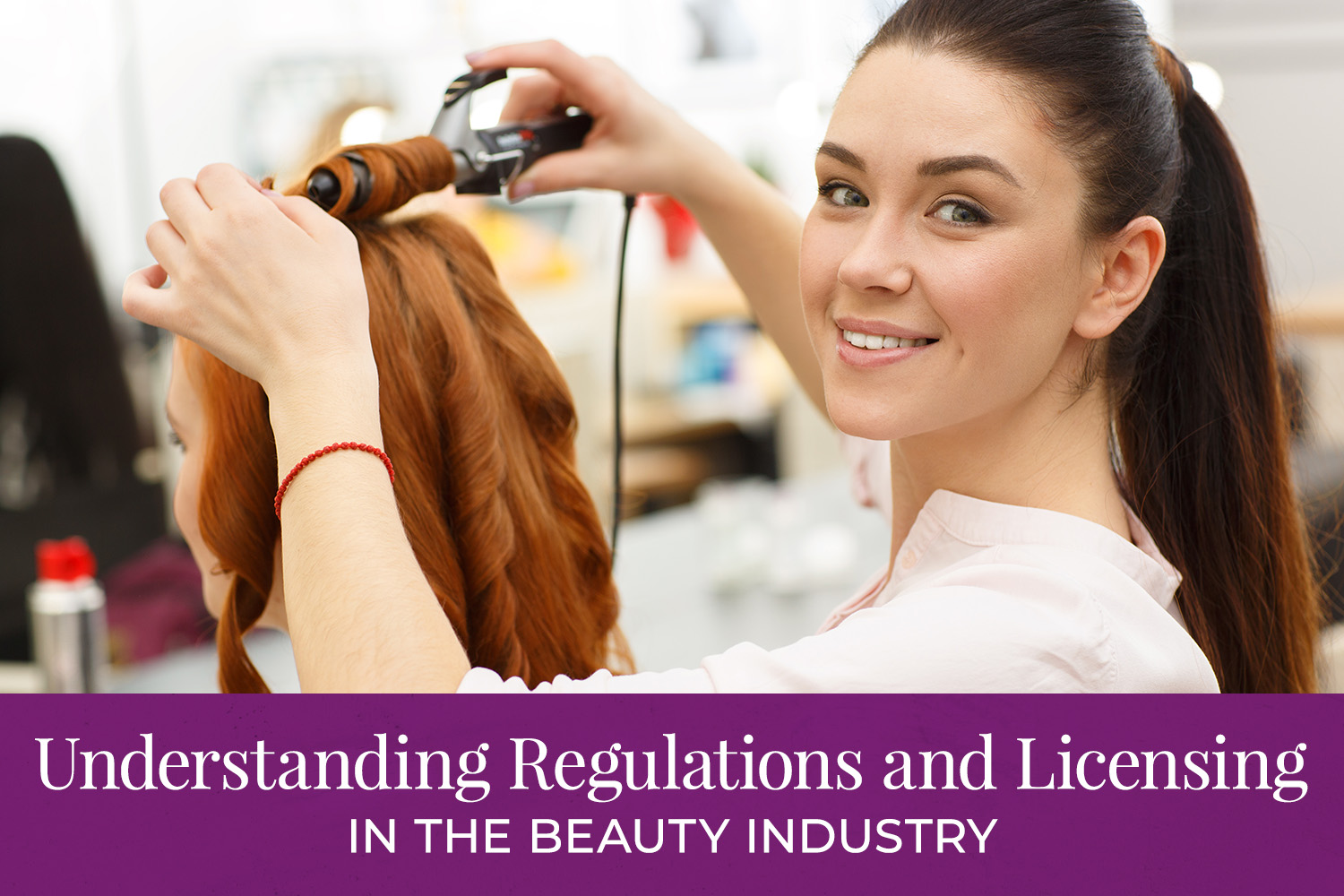Regulations and Licensing in the Beauty Industry
by
The beauty industry is a dynamic and ever-evolving field, offering a range of career opportunities for aspiring professionals. However, navigating the regulations and licensing requirements can be complex, especially for those new to the industry. Understanding these regulations and licensing processes is essential for ensuring compliance and building a career in the beauty industry. In this guide, we’ll explore the importance of understanding regulations and licensing in the beauty industry and how it impacts your career path.
Why Regulations and Licensing Matter
Regulations and licensing in the beauty industry are in place to protect the health, safety, and well-being of both clients and practitioners. These regulations ensure that beauty professionals adhere to industry standards, follow proper sanitation and hygiene practices, and use safe and effective products and techniques. By obtaining the necessary licenses and adhering to regulations, beauty professionals demonstrate their commitment to professionalism and quality service.
Key Regulations and Licensing Requirements
Regulations and licensing requirements in the beauty industry vary by state and may encompass different aspects of the profession, including:
Cosmetology License: Cosmetology licenses are typically required for professionals who provide services such as hair styling, hair coloring, manicures, pedicures, and skincare treatments. To obtain a cosmetology license, individuals must complete a state-approved cosmetology program, pass a licensing exam, and meet other state-specific requirements.
Esthetician License: Esthetician licenses are required for professionals who provide skincare treatments, facials, and other esthetic services. Licensing requirements for estheticians may include completing an esthetician program, passing a final exam, and fulfilling any additional state requirements.
Nail Technician License: Nail technician licenses are necessary for professionals who provide nail care services, such as manicures, pedicures, and nail enhancements. Licensing requirements for nail technicians typically include completing a nail technician program, passing a final exam, and meeting state-specific requirements.
Salon and Spa Regulations: In addition to individual licenses, salon and spa owners must comply with regulations governing the operation of their businesses. These regulations may include obtaining a salon or spa license, adhering to sanitation and safety standards, and maintaining proper documentation and record-keeping practices.
Staying Informed and Compliant
As a beauty professional, it’s crucial to stay informed about changes to regulations and licensing requirements in the industry. This may involve attending continuing education courses, participating in industry conferences and workshops, and regularly checking updates from relevant regulatory agencies. By staying informed and compliant with regulations, beauty professionals can protect themselves, their clients, and their businesses from potential legal issues and ensure the highest standards of professionalism and safety.
Understanding regulations and licensing requirements is essential for success in the beauty industry. By obtaining the necessary licenses, adhering to industry regulations, and staying informed about changes and updates, beauty professionals can build their careers. At Florida Academy, we provide comprehensive training programs in cosmetology, esthetics, nail technology, and more to prepare students for success in the beauty industry. Take the first step toward a career in the beauty industry by applying today!

